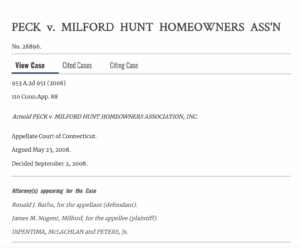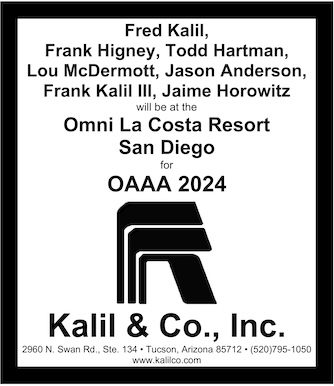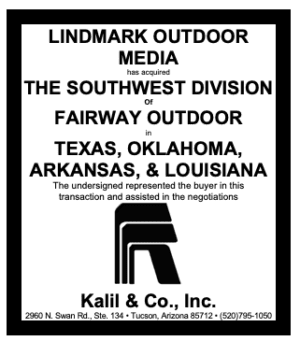 Record your leases. Record your leases. Record your leases. That’s the lesson of Peck v Milford Hunt Homeowners. Here are the facts.
Record your leases. Record your leases. Record your leases. That’s the lesson of Peck v Milford Hunt Homeowners. Here are the facts.
- On March 2, 1999 Riverview Chase Associates an entity in which Arnold Peck was an investor, sold a parcel of land in Milford, Connecticut to T&M Homes, LLC. Arnold Peck signed the deed conveying title for Riverview Chase. On the same day Arnold Peck and T&M Homes signed a lease permitting peck to erect a billboard. The lease was for 98 years at a rent of $1/year. The lease was recorded in March 1999.
- On December 1999 T&M Homes formed Milford Hunt, a planned community consisting of 62 residential lots. The legal description of the development which was attached as an exhibit listed encumbrances on the property including the billboard lease.
- In January 2005 the Milford Hunt board of directors adopted a resolution terminating the lease between T&M Homes and Arnold Peck. Peck filed an injunction seeking damages and a judgement confirming title to the lease. The Milford Hunt homeowners association petitioned the court to invalidate the lease based on state law language which gave unit owners the right to terminate a lease which is “unconscionable or commercially unreasonable to the unit owners at the time entered into under the circumstances prevailing”
- A local court and appeals court found in favor or Arnold Peck and upheld the lease. The courts found
- That there was no evidence that the parties negotiating the original lease were of unequal bargaining power or were not arms-length and that the lease figured into the sales price of the land.
- That the lease was recorded and disclosed as an encumbrance in the documents forming the homeowners association
- That the lease was not unreasonable with respect to the homeowners units at the time entered into because it was entered into nine months before the formation of the homeowners association.
Insider’s take: Always record your leases or easements to make sure that they show as encumbrances on property. Future property owners may not be supportive of a billboard lease or easement especially if they are not being paid money. The timing of recording is important as well. Earlier encumbrances can trump later encumbrances. The court found in favor of the billboard owner in this case because the billboard lease was recorded before the homeowners group ever came into existence.
[wpforms id=”9787″]
Paid Advertisement

















